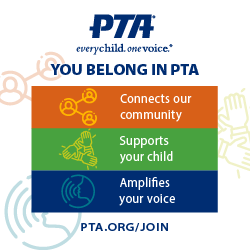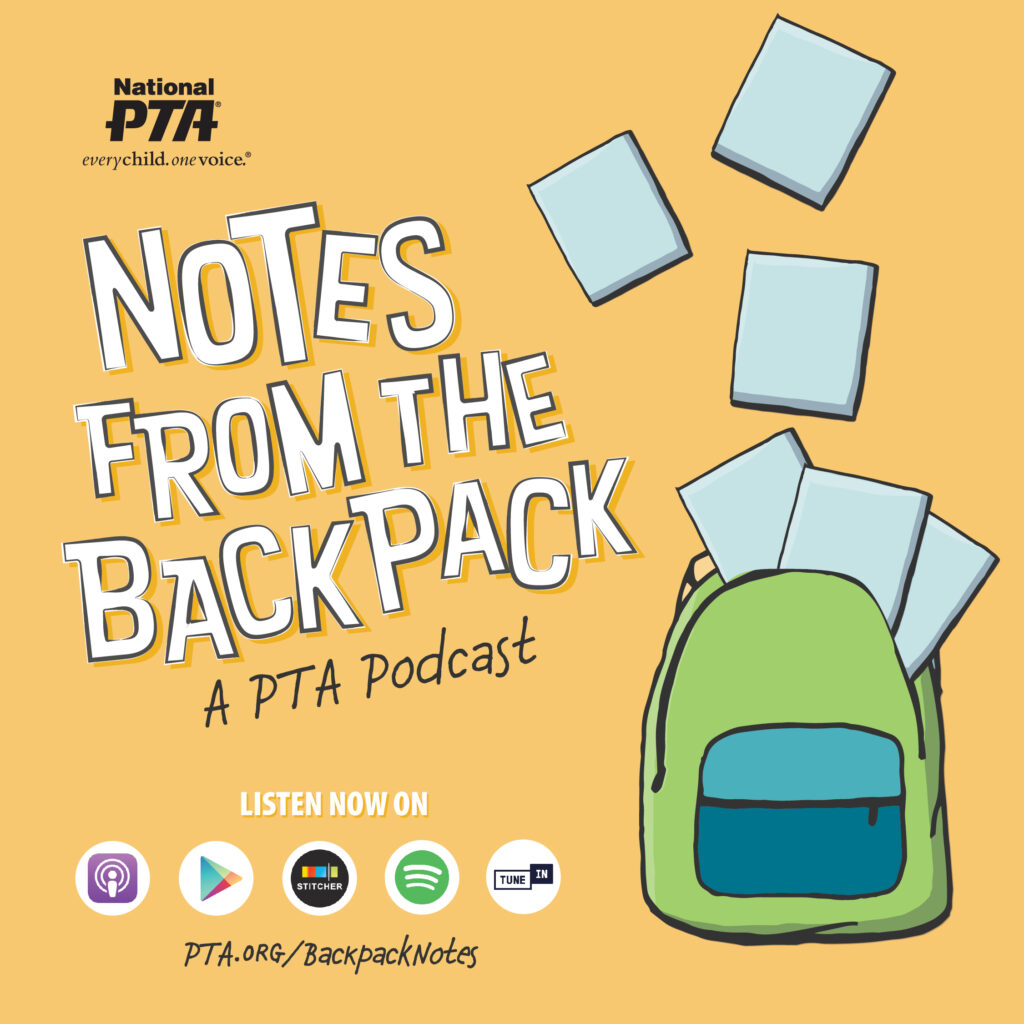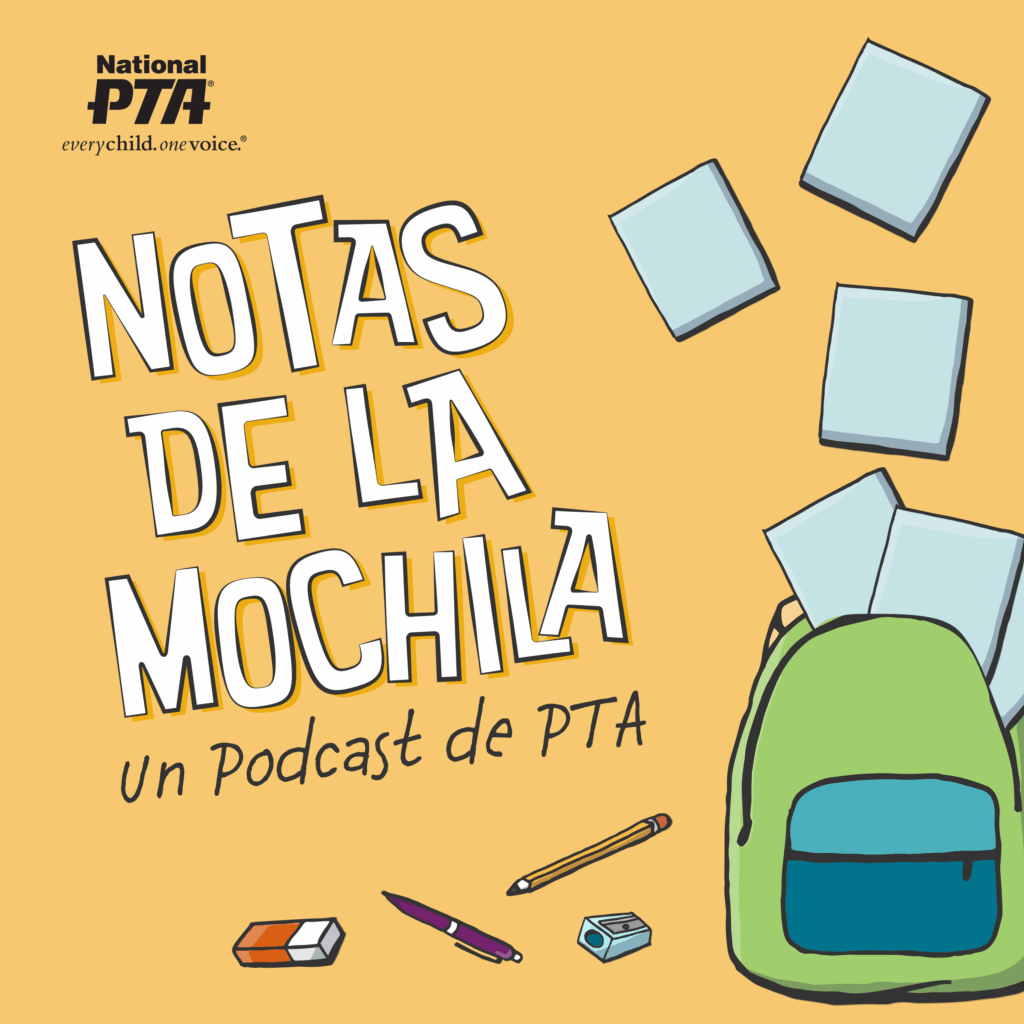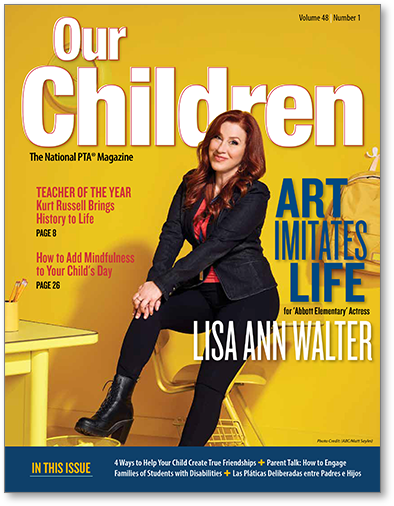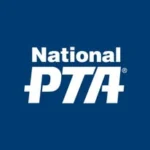While there’s nothing like sitting down with an old-fashioned printed book for bedtime stories or summer vacation reads, e-books and app-based reading can play an important part in developing your child’s literacy skills. With music and interactive images and text, reading apps encourage kids to use their visual, auditory and tactile skills to read, which can improve vocabulary and lead to better reading comprehension and retention.
However, too many bells and whistles on the app can be distracting to your child, causing them to remember less or miss details about a story’s content.
Here are 10 parent-approved apps for every age group that balance education and interactivity, making them an ideal choice for budding readers.
Ages 2-12: Get Epic
Packed with 40,000 books, audiobooks, and videos, Epic is a subscription-based digital library that includes new releases and classic titles for kids 12 and under. Used by many school districts as a teaching tool, badges, read-to-me buddies and progress tracking reward kids and keep parents in the loop about progress.
Ages 3-6: Teach Your Monster to Read
Available for free during pandemic school closures, the Teach Your Monster to Read app helps kids who are learning to read, offering fun graphics and engaging music.
Stage 1 teaches letters and sounds and how to phonetically blend them to make words. The next stage, Fun with Words, teaches reading comprehension and sentences, while the third stage shows confident readers alternate spellings and sounds. Teacher Your Monster to Read is an award-winning, teacher-approved choice for home or school.
Ages 3-7: Reading Raven
This app provides a self-paced reading experience that uses phonics, games and voice overs to help kids improve their reading and spelling. Features include tracing letters and words to help with letter recognition and sentence-building. Parents can also customize the levels on the app for different ages to adapt as kids build reading comprehension.
Age 3-8: Duolingo ABC
Designed to make reading fun and minimize discouragement, Duolingo ABC’s lessons are bite-sized—taking 5 minutes or less—trial-and-error games that teach kids to read independently. The app poses questions mid-story to help with reading comprehension. Other tools include predicting story events, which helps keep young readers stay engaged. With a curriculum aligned with Common Core Standards for Grades K-2, teachers like the app to help kids who struggle with reading. Parents praise it for helping their kids build confidence in their reading abilities.
Age 3-8: Letterschool
Originally conceived as an after-class tool to help kids absorb what they learned in class, Letterschool has grown into an app available in 12 languages used at over 5000 schools. But most parents love it for its gorgeous animations with fun effects that pop up as children draw each letter. Subtle audio cues correct kids as needed.
Age 4 and up: Blending Board
Designed to help kids with dyslexia, the Blending Board app uses phonics to teach simple and multisyllabic words. By creating a deck of phonemes, kids get comfortable with sounds and syllables, which can make reading less intimidating.
Age 4-9 and 10+: Reading Horizons
With two versions—one for young readers and another for young adults—Reading Horizons uses visual cues and a sequential method of teaching letters and phonics to encourage language fluency. Some schools have incorporated the app into their curriculum, but at-home users will appreciate its science-backed approach. The app is also helpful for ESL learners, dyslexic readers, and those with special needs.
Age 7-10: Bluster
This vocabulary-building app sends kids on a timed quest to match words while battling weather disturbances like thunderstorms and tornadoes. Single-player mode offers a chance to match rhyming words, prefixes, suffixes and adjectives, but kids can team up for vocabulary challenges in collaborative mode—or challenge each other in versus mode.
Age 4-11: Starfall
Founded by an adult reader who never forgot his childhood struggles with reading due to dyslexia, Starfall offers a fun, educational reading experience for kids. The untimed lessons build gradually as kids meet reading milestones like letter recognition, phonics and vocabulary. Kindergarten lessons focus on ABC rhymes, colors and nursery-rhyme sing-alongs, while grades 1-5 incorporate songs and games like crossword puzzles to help kids with reading skills.
Age 2-13: Reading Eggs
Requiring no prior reading knowledge before use, Reading Eggs trains new and struggling readers to enjoy the journey of learning to read. Unlike some apps, the alphabet isn’t taught in order: Instead, sounds and common words used to make sentences are emphasized. Children will enjoy the animations, characters and golden egg rewards as they make progress, while parents will appreciate the progress reports as their kids learn (which can be saved with an online subscription).




